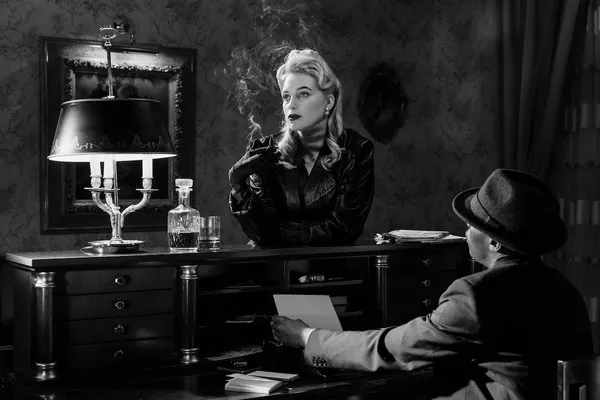Molly Hatchet, the iconic southern US rock band, recently captivated an audience of over 10,000 bikers at Berlin’s Motorcycle Jamboree, marking 45 years since their debut album. However, what sets them apart is that none of the musicians who played on their first six albums were present on stage in Berlin.
Bobby Ingram, the band’s guitarist and owner of the Molly Hatchet trademark, remains unfazed by the absence of original members. He joined the band in 1987 and boasts longevity surpassing any of the original members. “I have tenure. I am the only one that can say I never quit, or turned my back on the fans. I did what it took to keep this thing out here,” asserts Ingram.
While the absence of original members might raise questions of legitimacy among some fans, it’s not a concern for the musicians themselves. Theo Travis, who plays saxophone, flute, and keyboards with the jazz-rock group Soft Machine, emphasizes that the passing of the baton in bands leads to acceptance among the members. If someone leaves, the general consensus is not to disband but to continue with new members.
Ingram defends his position by highlighting his historical connection to Molly Hatchet, as he had provided the band’s first singer, Danny Joe Brown, his first job as a frontman in 1975 with a different band. Similarly, Soft Machine’s current lineup has deep roots in the Canterbury scene of experimental music, with members having connections to other renowned bands within the scene.
Legends like Yes also face scrutiny when featuring a mix of original and classic members. While guitarist Steve Howe, who played on the group’s significant 1970s albums, is accepted without question, critics occasionally raise concerns about the absence of other members from that era.
For these bands, continuing without original members may involve legal challenges. Bobby Ingram had to license and purchase the Molly Hatchet trademark to ensure its continuity and prevent unauthorized use.
Despite not being part of the original lineup, these musicians find fulfillment in playing classic songs and preserving the band’s legacy. Theo Travis views each chapter of Soft Machine’s history as a different band connected by a common thread. For him, it’s about being artistically ambitious while respecting the band’s incredible history.
Bobby Ingram sees the band as paving new paths while honoring its legacy, ensuring that Molly Hatchet remains more than a mere cover band of old hits. He considers the band and crew his extended family.
Steven Collazo, who leads the disco group Odyssey, finds joy in how their music has shaped people’s lives. He appreciates connecting with fans and hearing their heartfelt stories about how the music has been a significant part of their memories and experiences.
In conclusion, bands without original members continue to thrive and create music that resonates with fans. While some might question their legitimacy, these musicians are dedicated to preserving the band’s legacy while forging new paths in the music industry. Their passion for music and the joy it brings to their audience remain the driving force behind their enduring success.


























